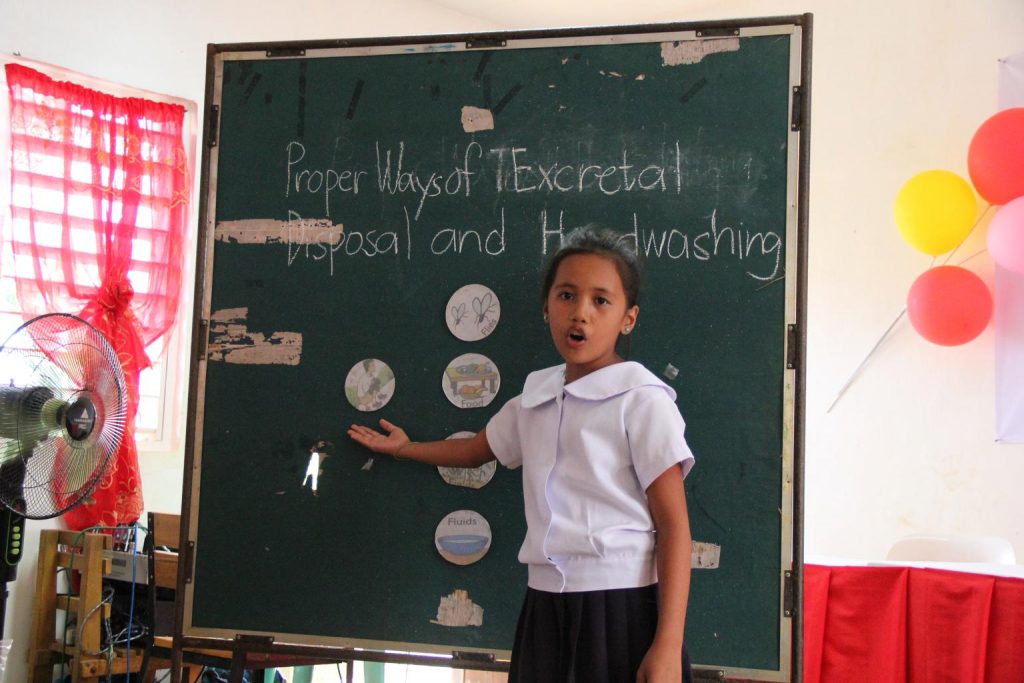Women play a crucial role in providing care and support, and also in the use and management of the water resources and sanitation at the household level. In addition, voluntary community care work is done mostly by women, rather than men, thus as caregivers women experience further pressures brought on by the spread of HIV/AIDS in rural communities. While HIV/AIDS is not a direct water related disease, it is important to recognise that people living with this disease are much more vulnerable to infections or diseases such as diarrhoea, cholera and other diseases linked to poor water supply and sanitation, thus it is essential that such diseases are prevented.
Having acknowledged this fact, it is important to note that there is still a low level of participation of women, particularly in decision-making and as a result, women still suffer the consequence of poor water and sanitary facilities, poverty and poor health and the spread of disease still prevails in spite of all attempts. It is for this reason that it is essential to empower women in all aspects of water and sanitation, through proper hygiene education and service provision. Using the case study, the aim of this paper is to present a case for factoring in gender perspectives in water and sanitation provision, by highlighting challenges women face in accessing water and sanitation, and how these can be improved to empower women to address rural health issues whilst also contributing towards poverty alleviation.



